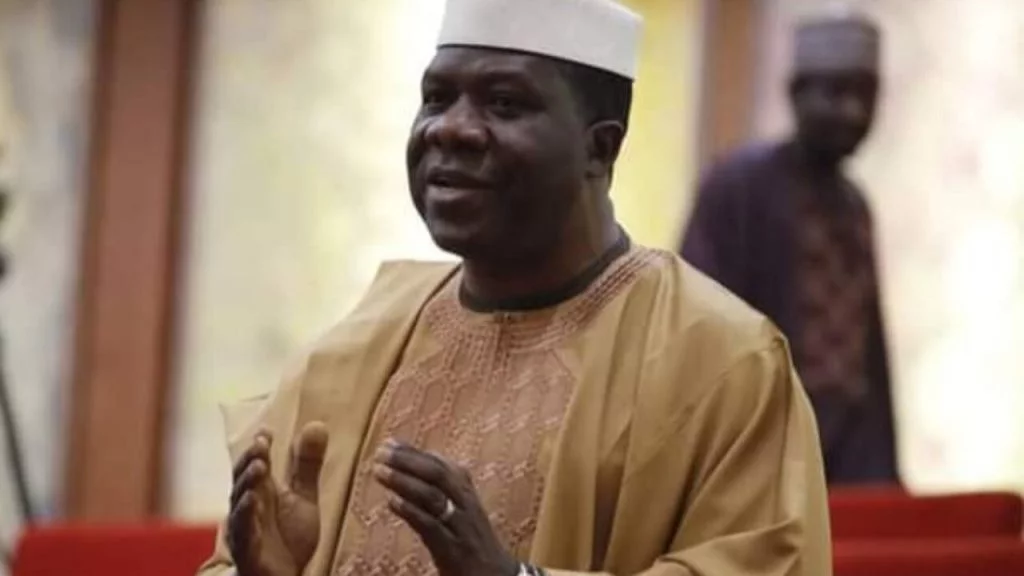Ahead of the inauguration of the 10th National Assembly, the chairman of the Senate Committee on Judiciary, Human Rights and Legal Matters, Senator Opeyemi Bamidele (APC, Ekiti Central), has said that the criteria for the emergence of the presiding and principal officers must be based on competence and experience.
He specifically insisted that ethno-religious sentiments must not be allowed to influence the election and selection of the presiding and principal officers of the Red Chamber.
Senator Bamidele, who is also the Chairman, Southern Senators’ Forum, spoke to journalists on Thursday in Abuja on the need to look beyond parochial interests already being canvassed by some Nigerians and those who had shown interest in contesting for leadership positions in the forthcoming 10th National Assembly.
He said: “Competence and experience are the issues that should be more important as we try to see those who could lead the 10th National Assembly rather than these issues being presented more as tribal, religion or religious rights of individuals or communities in the country.
“As lawmakers begin to tell the world of their individual ambitions or aspirations to be a part of the leadership of the Senate in the 10th Assembly, you also have a role to play in trying to stabilise and reposition discussions so that the real issues are not lost in pursuit of primordial interests.”
Also speaking on the role of the press in covering the parliament, Senator Bamidele commended journalists covering the National Assembly, for what he considered as comprehensive and impressive coverage of the nation’s highest law making establishment.
He pointed out that the media of mass communication constitute the bridge between the legislators and their constituents, stressing that without the press, it would be impossible for the constituents to have knowledge of what the parliamentarians are doing, which also would have posed a major challenge between the people and their representatives.
“You have no idea how much you enhance the work we are doing here. You spend a lot of time thinking about how to put together all the things we do within the three hours we spend in the Chamber. Sometimes you stay late into the night to do your work.
“It would be terrible if there is no nexus to link us with our constituents on what we are doing here. You are that nexus between us and our constituents. And individually as members of the parliament and collectively as an institution, we cannot thank you enough. I am very grateful to you and we are indeed grateful to you as an institution,” he said.
He urged journalists not to overheat the polity with their reportage of issues that may emanate from the campaigns for leadership positions.
The lawmaker also commended the Ninth National Assembly, saying that it had passed many critical legislations that had begun to make a positive impact on the economy and the nation’s political system, citing the Petroleum Industry Act and the Electoral Act 2022 as examples.
“Major issues required in tackling some of our major economic challenges have been addressed by the Ninth Assembly, through passage of some critical bills which were signed into law by Mr. President. One of them is the Petroleum Industry Bill, which is now an Act.
“That law is already doing a lot in repositioning and revolutionising our economy, especially in the oil and gas sector. Another major achievement of the Ninth Assembly is the Electoral Act 2022, which has become a new law and a legacy by the National Assembly. With the passage of this law, we are reaching a point where the votes of Nigerians are beginning to count.
“You have seen places that used to return three million votes, today, they are returning three hundred thousand votes. It shows the reality of our new political order, and I have no doubts that we are also moving towards a new economic order,” he noted.
